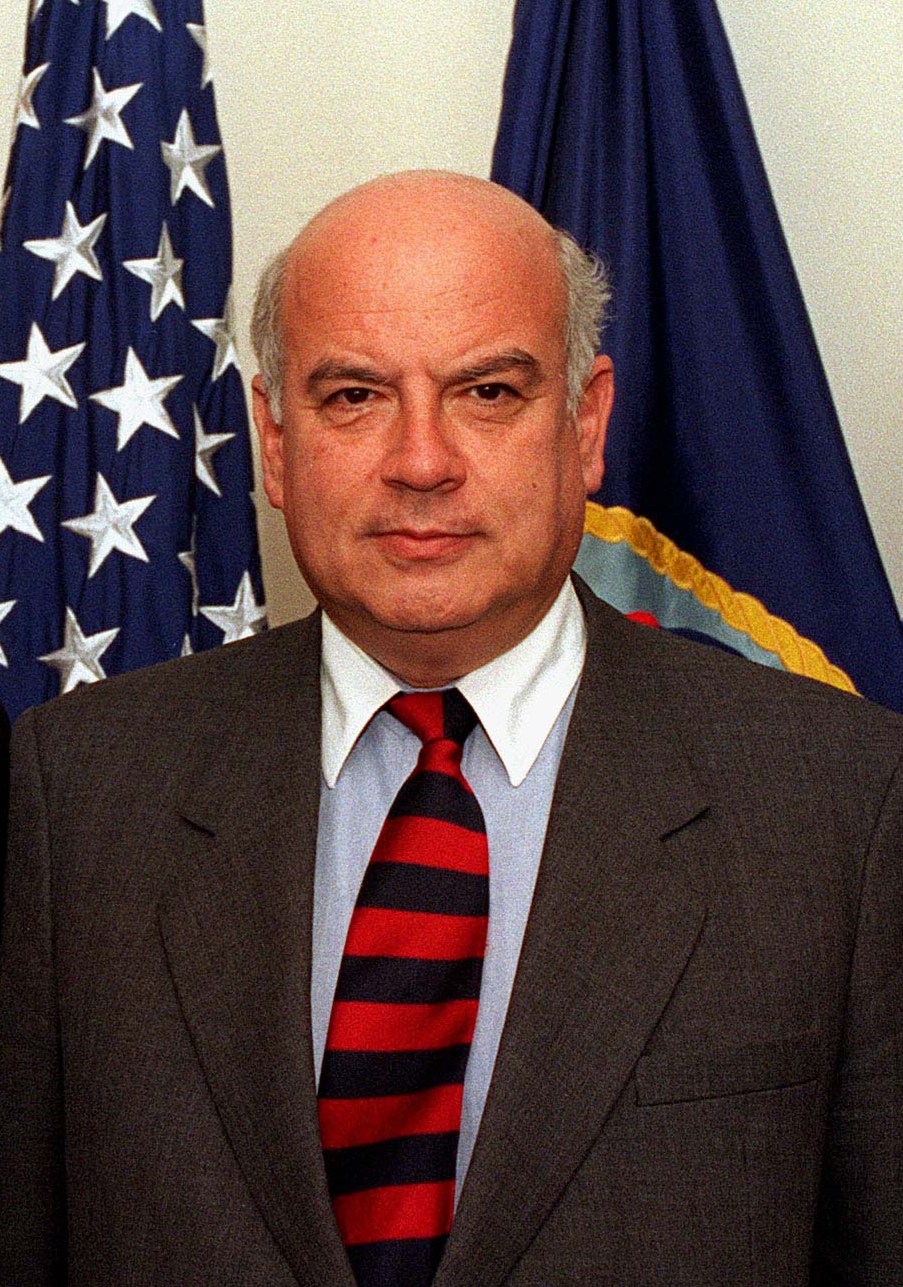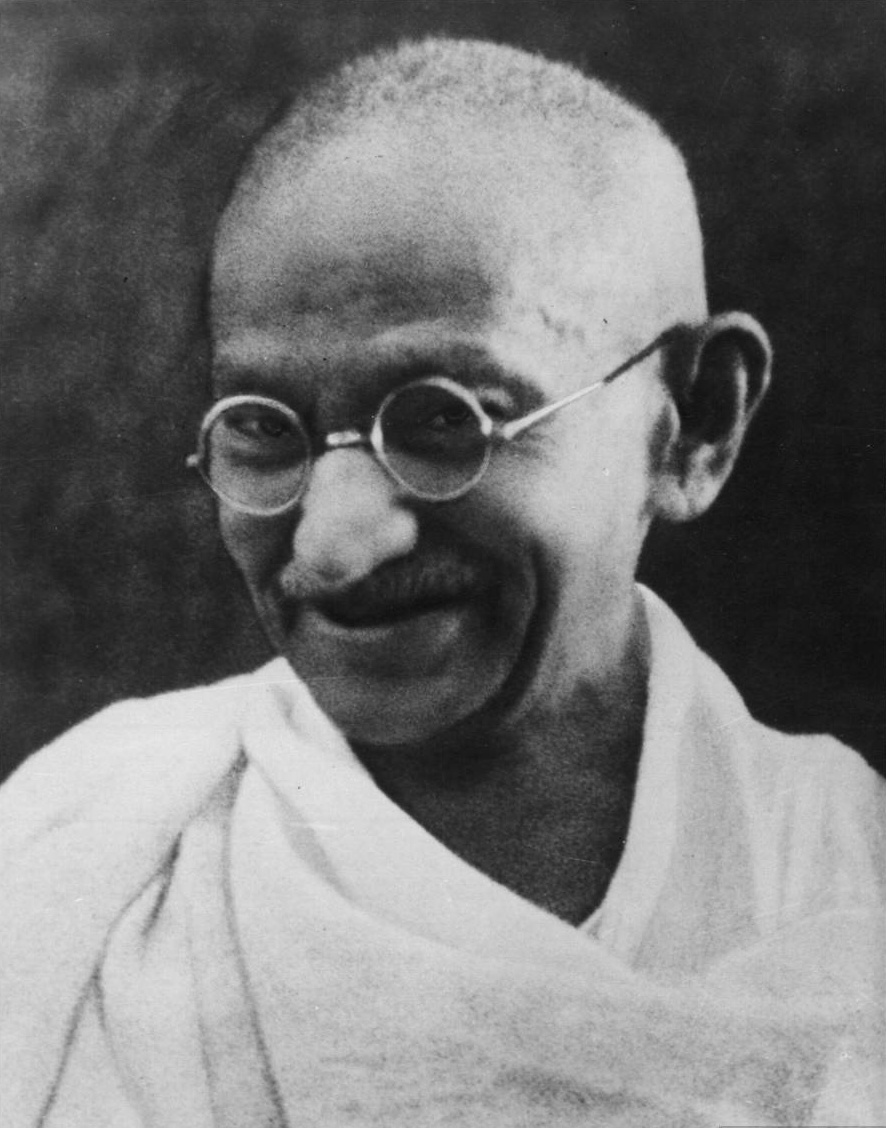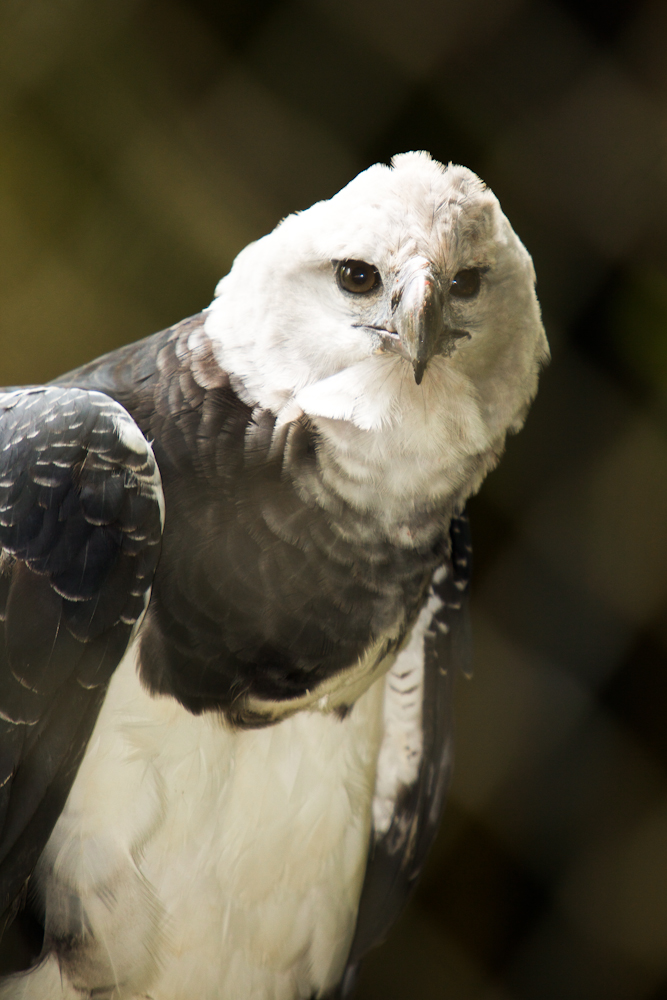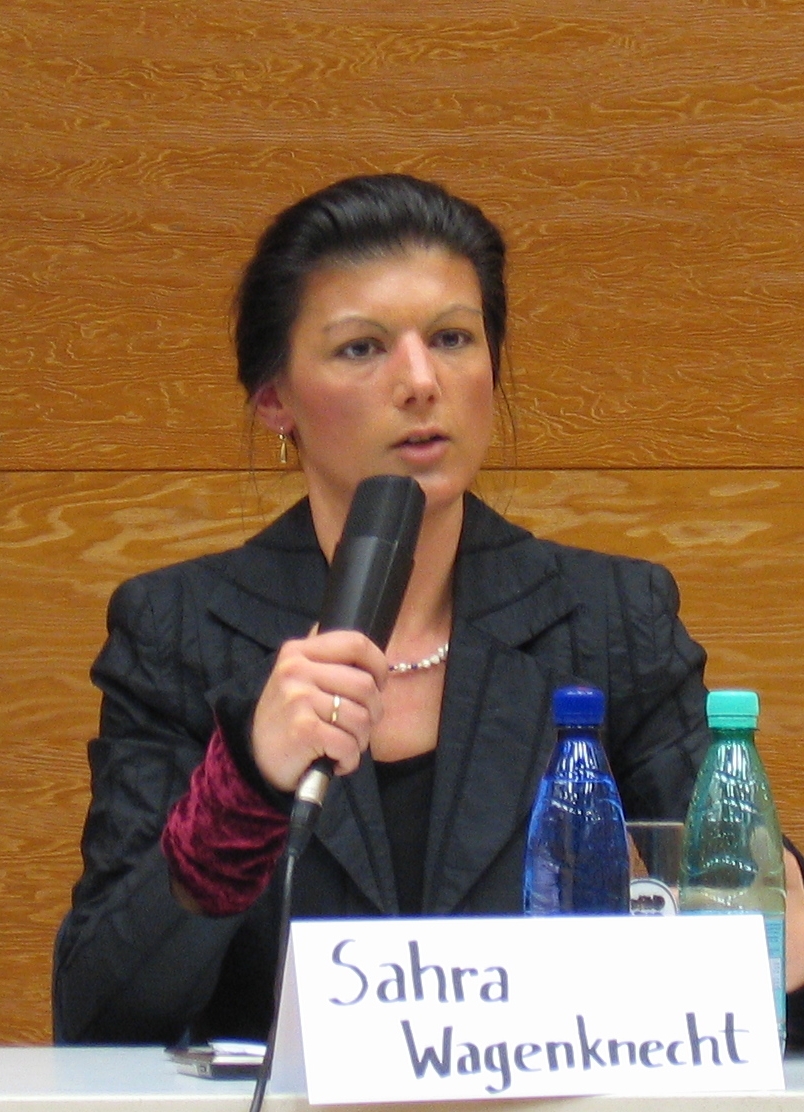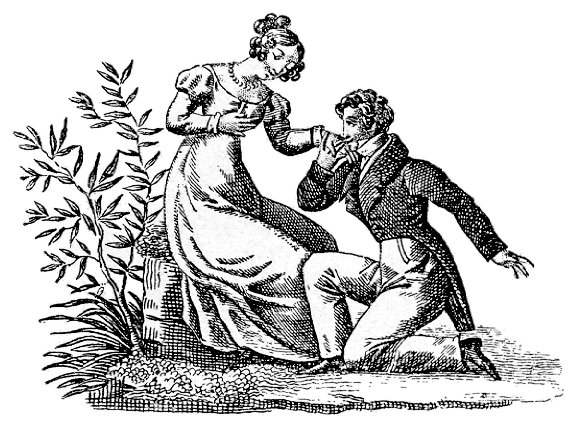
Tell her what you have to offer
In Venezuela we would be talking about Chavismo and the Mesa de la Unidad (MUD) as main parties (the MUD being a front of parties). The action is very simple: journalists ask Chavismo and the Mesa de la Unidad to write in 250 words (or whatever the length) what proposals they have if their deputies are elected to the National Assembly. Parties would have a deadline, they can submit the proposals at the same time if, as is often in Venezuela, someone is afraid the other could steal his/her "brilliant" idea. It is clear Chavista propaganda agencies will never want to give equal time or space to the opposition. In fact, those institutions do not give any space to the opposition. Still, the remaining press can set an example.
We have two months before election time and there is nothing of the kind. We could actually have that for every state: each side presents the ideas they want to bring forward at the National Assembly if elected.
In most of the political or general newspapers and magazines I have seen in the EU that is something people take for granted: let readers see at least once what each group has to offer, in their own words, beyond the usual constraints of ads.
I think the opposition should be pushing for this, but most likely they, like Chavismo, will just follow the usual game and traditions in Venezuela. I hope to be proven wrong.
Ps. Of course, you have to bear in mind that few Venezuelans read anything else than baseball news. Most Venezuelans don't read newspapers and less than 30% nationwide can watch anything that is political and not completely pro-Chávez.





